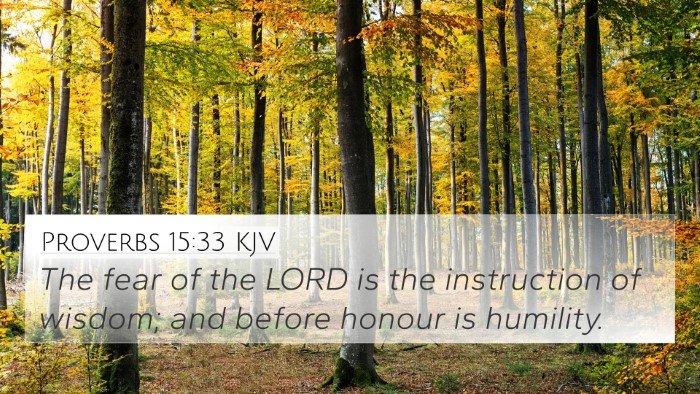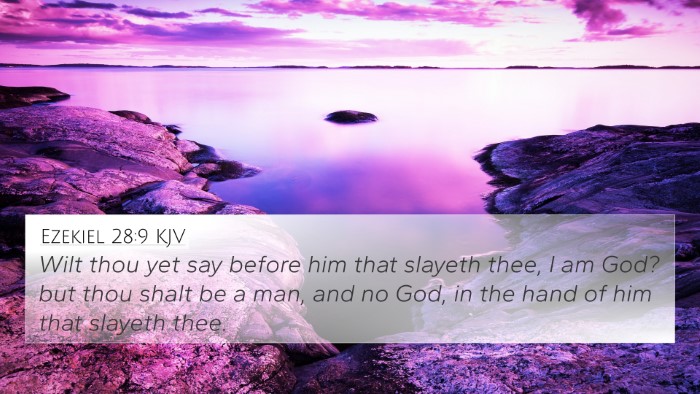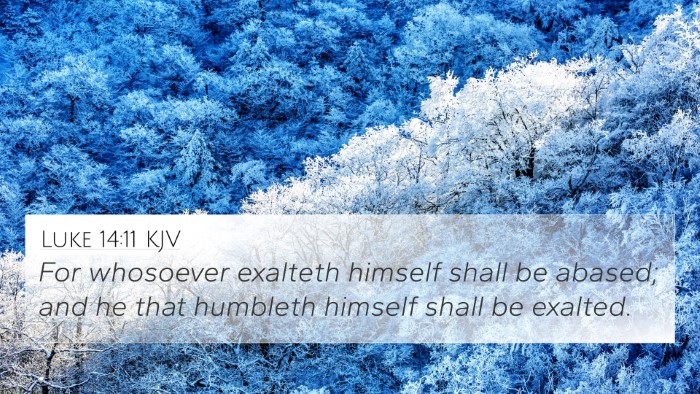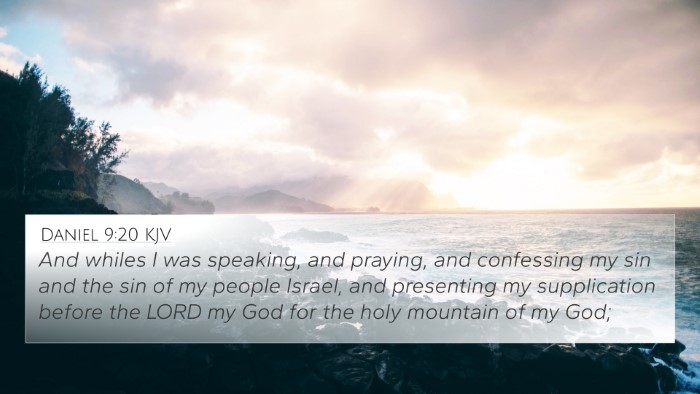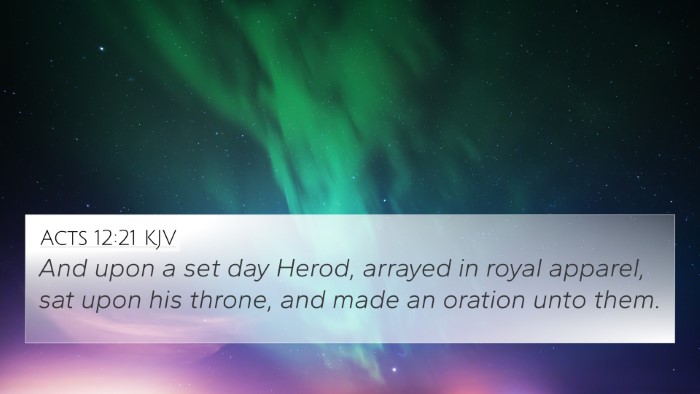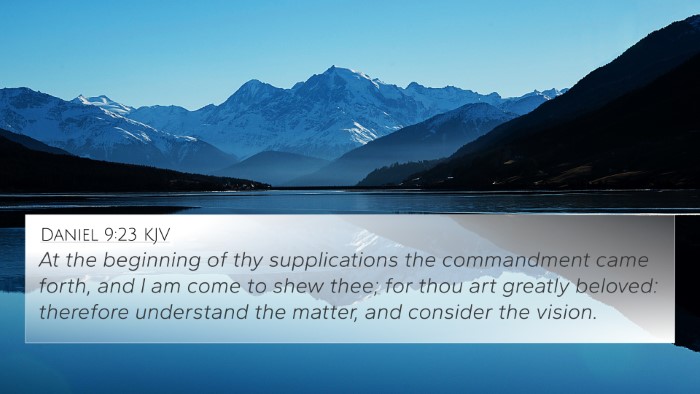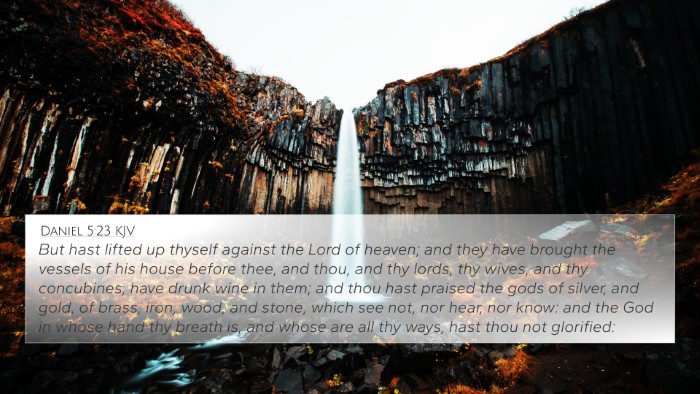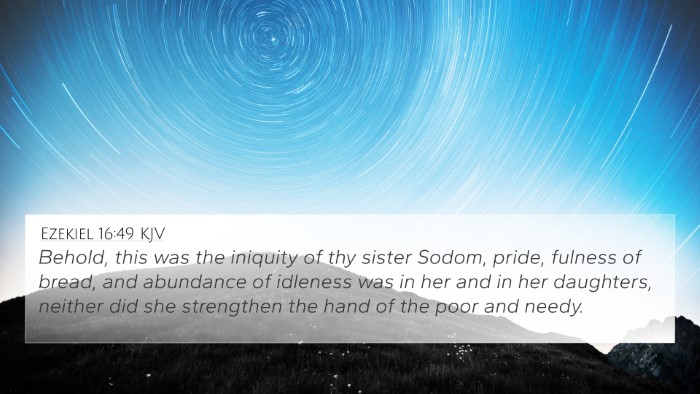Understanding Proverbs 18:12
Proverbs 18:12 states: "Before destruction, the heart of man is haughty; and before honour is humility." This verse presents a profound statement about the nature of pride and humility, highlighting that arrogance often precedes a downfall while humility is a precursor to honor.
Summary of Insights from Public Domain Commentaries
Insights derived from the commentaries of renowned biblical scholars such as Matthew Henry, Albert Barnes, and Adam Clarke provides a comprehensive understanding of this verse.
-
Matthew Henry's Commentary
Henry remarks that haughtiness and pride are characteristics of the fallen human nature. A heart that is lifted up with pride sets itself against God and is on a direct path to destruction. Conversely, humility is noted as a virtue that elevates a person, suggesting that those who embody humility before God will eventually attain honor.
-
Albert Barnes' Notes
Barnes emphasizes the spiritual significance of humility. He explains that a prideful heart not only leads to societal downfall but also alienates one from God. The connection between humility and honor is further elaborated as he asserts that true honor stems from adherence to godly principles, where respect is exchanged for a humble spirit.
-
Adam Clarke's Commentary
Clarke connects this verse to the overarching theme of moral and spiritual insight throughout Proverbs. He articulates that humility must come before honor and points out that every honorable person must learn to be humble. Clarke also highlights examples from both biblical history and modern applications where humility resulted in divine favor.
Cross-References Related to Proverbs 18:12
Proverbs 18:12 has thematic connections with several other Bible verses, elucidating the concepts of pride and humility:
- James 4:6 - "But he giveth more grace. Wherefore he saith, God resisteth the proud, but giveth grace unto the humble." This aligns closely with the theme of humility as a precursor to divine favor.
- Proverbs 16:18 - "Pride goeth before destruction, and a haughty spirit before a fall." This verse explicitly mirrors the message of Proverbs 18:12.
- Matthew 23:12 - "And whosoever shall exalt himself shall be abased; and he that shall humble himself shall be exalted." Here, Jesus reinforces the principle of humility leading to exaltation.
- 1 Peter 5:5 - "Likewise, ye younger, submit yourselves unto the elder. Yea, all of you be subject one to another, and be clothed with humility: for God resisteth the proud, and giveth grace to the humble." This verse emphasizes the community ethics centered around humility.
- Proverbs 15:33 - "The fear of the Lord is the instruction of wisdom; and before honor is humility." It reiterates the idea that humility precedes honor, connecting both verses deeply.
- Luke 14:11 - "For whosoever exalteth himself shall be abased; and he that humbleth himself shall be exalted." A direct teaching from Jesus providing a parallel to our verse.
- Isaiah 57:15 - "For thus saith the high and lofty One that inhabiteth eternity, whose name is Holy; I dwell in the high and holy place, with him also that is of a contrite and humble spirit." This highlights the divine appreciation of humility.
Thematic Connections and Interpretative Analysis
The connections between Bible verses reflect a thematic unity that can be recognized through proper Bible verse cross-references. The principle of humility not only appears in the wisdom literature of Proverbs but is also reiterated in the teachings of Christ and the epistles. This creates a continuous dialogue across the scripture.
By understanding these links, we can interpret Proverbs 18:12 within a larger framework of biblical ethics:
- Inter-Biblical dialogue: The conversation within the biblical text encourages believers to embrace humility to avoid the pitfalls of pride and self-exaltation.
- Bible concordance: Utilizing a concordance can facilitate deeper studies into the themes of pride and humility interwoven throughout scripture.
- Comprehensive bible cross-reference materials: Gathering verses from both the Old and New Testament can shed light on the timeless nature of these warnings and promises.
- Cross-referencing Bible study methods: Methods such as thematic charts, parallel column formats, and contextual studies enhance understanding.
Conclusion
Proverbs 18:12 serves as a solemn reminder of the importance of humility and the dire consequences of pride. The interconnectedness of scripture, highlighting these virtues, encourages believers to pursue a heart that aligns with God's principles.
As you explore bible verse cross-references and seek tools for bible cross-referencing, remember that understanding these connections deeply enriches one's faith and knowledge of God's word.



